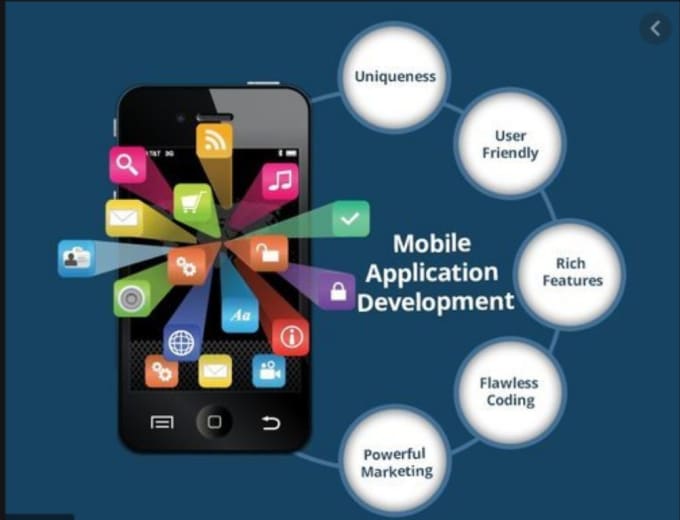Mobile App Development for Android and iOS: A Comprehensive Guide

With the exponential growth of smartphones, mobile app development has become a crucial aspect for businesses and individuals alike. Android and iOS are the two major platforms dominating the mobile market, making it essential to develop apps for both platforms to reach a wider audience. In this comprehensive guide, we will delve into the intricacies of mobile app development for Android and iOS, providing you with valuable insights and tips to successfully create apps for both platforms.
Whether you are a seasoned developer or just starting out, understanding the nuances of Android and iOS app development is vital to ensure your app's success. From the initial planning stages to the final deployment, each step requires careful consideration and attention to detail. This guide will serve as your go-to resource, covering everything from choosing the right development tools to optimizing your app for performance and user experience.
1. Understanding the Differences Between Android and iOS
Before diving into the development process, it is essential to grasp the fundamental differences between Android and iOS. From the programming languages to design guidelines, we will explore the key disparities between the two platforms and how they can impact your app.
2. Choosing the Right Development Tools and Frameworks
Selecting the appropriate tools and frameworks can significantly streamline your app development process. We will discuss the popular options available for Android and iOS development, highlighting their features, pros, and cons to help you make an informed decision.
3. Designing an Intuitive User Interface
The user interface plays a pivotal role in the success of your app. In this section, we will delve into the best practices for designing an intuitive and visually appealing UI that meets the guidelines set by both Android and iOS platforms.
4. Implementing Core Functionality
Building the core functionality of your app is where the real magic happens. We will explore the essential features and functionalities that every Android and iOS app should have, providing you with insights on how to implement them effectively.
5. Enhancing User Experience with Advanced Features
Take your app to the next level by incorporating advanced features and functionalities. From push notifications to location-based services, we will discuss the various ways you can enhance the user experience on both Android and iOS platforms.
6. Testing and Debugging Your App
Thorough testing and debugging are crucial to ensure your app works flawlessly on both Android and iOS devices. We will guide you through the testing process, highlighting the key areas to focus on and the tools available to streamline this phase.
7. Optimizing Your App for Performance
A high-performing app is essential for user satisfaction and engagement. In this section, we will explore the strategies and techniques to optimize your app's performance on both Android and iOS platforms, ensuring smooth and efficient operation.
8. Monetizing Your App
If you are looking to generate revenue from your app, understanding the various monetization options is crucial. We will discuss the different monetization models available, such as in-app purchases and advertisements, and provide insights on how to implement them effectively.
9. Submitting Your App to App Stores
Once your app is ready, it's time to submit it to the respective app stores. We will guide you through the submission process for both Android and iOS, highlighting the key requirements and guidelines to ensure a smooth and successful app launch.
10. Continuous Updates and Maintenance
App development doesn't end with the initial release. Keeping your app up-to-date and maintaining its functionality is crucial for long-term success. We will discuss the importance of continuous updates, bug fixes, and user feedback, providing you with strategies to effectively maintain and improve your app over time.
In conclusion, mobile app development for both Android and iOS is a complex yet rewarding process. By understanding the differences between the platforms, choosing the right tools, and implementing best practices, you can create successful apps that cater to a wide range of users. Stay tuned as we explore each aspect of the development process in detail, equipping you with the knowledge and skills to create exceptional mobile apps for both Android and iOS.